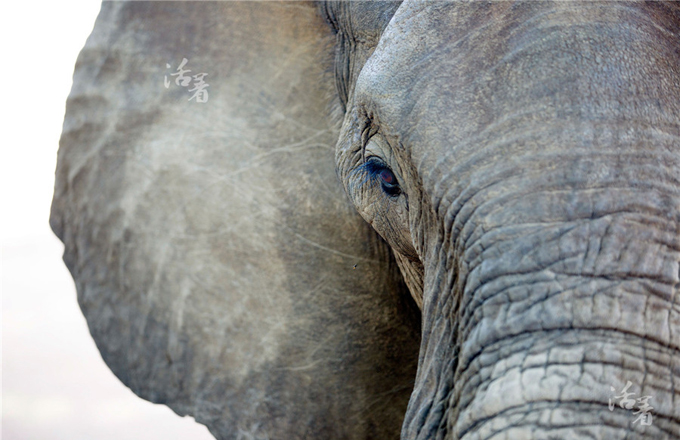Chinese cities rank high in world's most competitive
Hong Kong, Shanghai and Beijing have been ranked among the top 10 most competitive cities in the world.
Hong Kong came in at 6th place on the Global City Competitiveness List, followed by Shanghai and Beijing.
The list, prepared by the National Academy of Economic Strategy, the Chinese Academy of Social Sciences and United Nations Habitat, aims to evaluate the potential competitiveness of cities.
It considers six major factors including global connection, local demand, software environment and hardware environment.
According to the report, the top 10 competitive cities are London, New York, Tokyo, Paris, Singapore, Hong Kong, Shanghai, Beijing, Sydney and Frankford.
More Asian cities than European or North American cities appear in the top 10 global competitive city list.
"We see more cities in China and Asia are consistently growing, and are developing faster than other regions," Marco Kamiya, coordinator of the urban economy and finance branch of UN-Habitat, said.
The average competitiveness score of the 69 Chinese cities among the 505 cities evaluated across the world is 0.31, slightly higher than the global average of 0.304.
"But there are only 17 Chinese cities among the top 200 global competitive cities," Ni Pengfei, director of the CASS City and Competitiveness Research Center, said. "It indicates only a few Chinese cities are competitive globally, while a majority of them still lag behind."
The report particularly analyzes the competitiveness of cities along the Belt and Road Initiative Route, especially their status of urban development and global connections.
According to the report, distribution of competitive cities along the Route shows a U-shape. Most competitive cities gather in the more developed eastern and western ends, while cities in the center areas of the route are comparatively less competitive.
"Through the Initiative, the urban network along the route is expected to further extend to form a big triangular city belt among Europe, Asia and Africa," CASS researcher Ding Ruxi said.
















